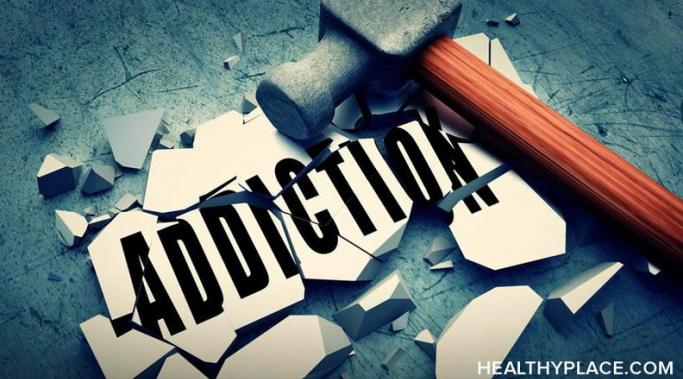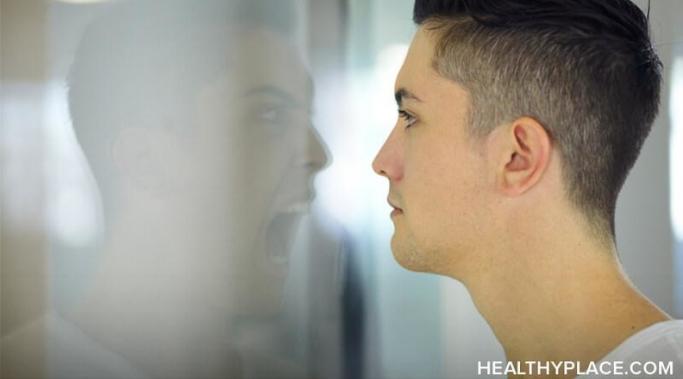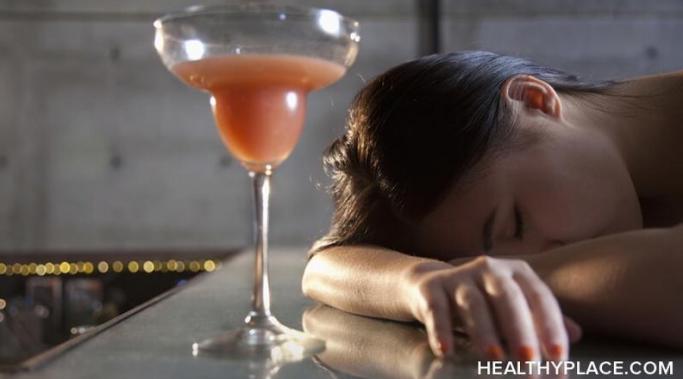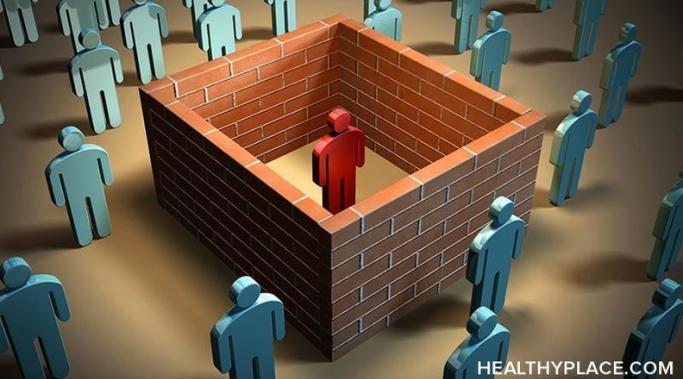As a recovering behavioral addict, I've learned quite a bit about cravings and how to manage them. Through my experience, I've determined that cravings can typically be split into three different categories: physical, mental, and emotional. Some recovering individuals are more impacted by one of these craving categories, while others are plagued with the task of fighting all three on a regular basis. Addiction recovery, like most things, does not come in a one-size-fits-all format though. You must figure out which cravings affect you the most and learn how to manage them on your personal recovery journey.
Addiction Treatment
For me, choosing to take antidepressants in addiction recovery has been a great choice. After fighting through years of active addiction and a few years of addiction recovery, I have finally decided to work on my mental health struggles with a psychiatrist. My addiction to sex and pornography started roughly ten years ago in high school, but I didn't actually pursue recovery until years later in my early twenties. Amidst the fight against this devastating addiction, I was also consumed with a number of mental health disorders ranging from generalized anxiety, posttraumatic stress disorder, and most recently, depression.
In my observation, nearly every individual in addiction recovery has either heard of or experienced the 12-step groups or the 12-step curriculum. Some recovering addicts swear by 12-step practices and principles and other addicts convulse at the thought of attending a 12-step group meeting to share their feelings with a bunch of addicted strangers. I feel that I have a rather unique perspective on the 12-step model because while I don't actively participate in every principle and policy they suggest, I have developed a deep respect and admiration for the community as a whole and what they represent.
When fighting addictions of any kind there are many important elements that support sobriety, but one of the most crucial ways to prevent relapse is by creating and maintaining healthy routines. In my experience, when you are missing aspects of your personal healthy routines, you are more susceptible to unhealthy thoughts, damaging choices, and most important, relapse.
Substitute addictions may become a problem when people who overcome one addiction turn to something else to fill the void. Addiction is a difficult thing to conquer, and when people have to learn to live and cope without the drugs or alcohol they have been using as a coping mechanism, they sometimes fall victim to another addiction in the process. A drinker becomes addicted to benzodiazepines. A meth addict becomes an over-eater. A heroin addict becomes an alcoholic. Substitute addictions are challenging and frustrating for friends and family to deal with, and the people who are addicted may not even recognize that they are substituting one addiction for another.
What can a dual diagnosis of substance abuse and bipolar lead to --homelessness., incarceration or broken relationships. I was a walking dead person for a decade, while my co-occurring mental illnesses were left untreated. After receiving proper treatment for bipolar and and my dual diagnosis substance abuse disorder, I have found a fresh hope.
Alcohol and opiate withdrawal symptoms can be extremely difficult, but vitamins may help people with substance use disorders by possibly easing withdrawal symptoms. Treatment methods range from quitting cold turkey to hospitalization. Sometimes medications can be prescribed to ease withdrawal symptoms (Opioids Withdrawal: How Bad Is It? Symptoms, Treatment). However, one concern for people trying to get clean is becoming dependent on another substance. It is always important to check with your doctor when considering alternative treatment so they can review your medical history and specific situation. For the scope of this post, I will cover the use of vitamins B and C for alcohol and opiate withdrawal symptoms.
Going to substance abuse treatment benefits addicts and makes your life so much better. I know that it did for me. It was a life-changing experience that improved nearly every aspect of life I can think of. Addiction controls how one thinks, feels, and behaves. That makes it nearly impossible to stop using without professional help. It is often recommended that people who are addicted to drugs or alcohol attend an inpatient addiction treatment facility. Making the leap from addiction to recovery isn’t easy, but it brings with it many significant benefits that are hard to overlook. Consider these 10 ways that substance abuse treatment benefits your life.
How do you know if you are an alcoholic? What makes a person an alcoholic? Perhaps you're wondering because the start of a new year often brings reflection on the past as well as hope for the future. It can prompt a person to make resolutions to be healthier, and that may be motivation to look at whether he or she is an alcoholic. Addiction to alcohol, or alcoholism, is not a one-size-fits-all disease. There isn’t a blood test for it, it doesn’t consist of a specific number of drinks per day, nor can someone decide that you are an alcoholic for you. Whether or not you are an alcoholic depends on a number of conditions, the biggest being the effect that alcohol has on your life.
Anyone can help stop the stigma of substance abuse. A major obstacle to addiction recovery, stigma, is a set of negative beliefs that a group or society holds about a topic or group of people. Stigma results in prejudice, avoidance, rejection, and discrimination against people who have a socially undesirable trait such as drug abuse or addiction. In my own recovery process, I felt the stigma of substance abuse and it kept me from seeking help for many years.









